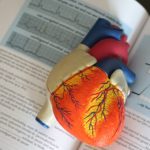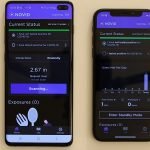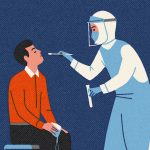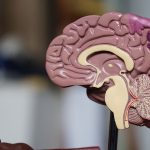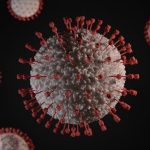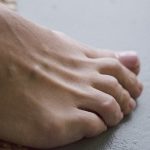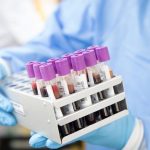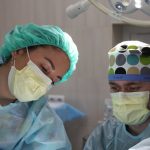COVID-19 virus can infect heart cells, new study shows
In a new study, researchers found that SARS-CoV-2, the virus that causes COVID-19 (coronavirus), can infect heart cells, indicating it may be possible for...
NOVID is the most accurate app for contact tracing
NOVID, a contact tracing app that anonymously traces users' exposure to COVID-19, is the first such app in the world to demonstrate the distance...
What you need to know about group testing for COVID-19
Hopes for a summertime reprieve from COVID-19 have been dashed as cases surged in June. As infections rise, so does the need for testing.
Dr....
COVID-19 death risk is double earlier estimates
In a new study, researchers estimate the infection death rate of COVID-19 more than double estimates from other countries, with the greatest risk to...
COVID-19 could damage endocrine system in your body
In a new study, researchers found that people with endocrine disorders may see their condition worsen as a result of COVID-19.
They explored the previous...
Stroke risk is 8 times higher in people with COVID-19
In a new study, researchers found although both flu and COVID-19 can raise the risk for a stroke, the odds appear to be eight...
New, more infectious strain of COVID-19 virus now dominates global cases
In a new study, researchers have shown that a variation in the viral genome of COVID-19 improved its ability to infect human cells and...
COVID linked to this toe disease, new study shows
There's considerable controversy over whether "COVID toes"—red sores or lesions on the feet and hands in children and young adults—are truly caused by COVID-19.
In...
New study questions effectiveness of COVID-19 antibody tests
In a new study, researchers found major weaknesses exist in the evidence base for COVID-19 antibody tests.
The evidence is particularly weak for point-of-care tests...
Scientist discover the cause of COVID-19 blood clotting
One of the major mysteries in treating patients with Covid-19 is the frequent development of blood clots that can subsequently damage their organs and...

